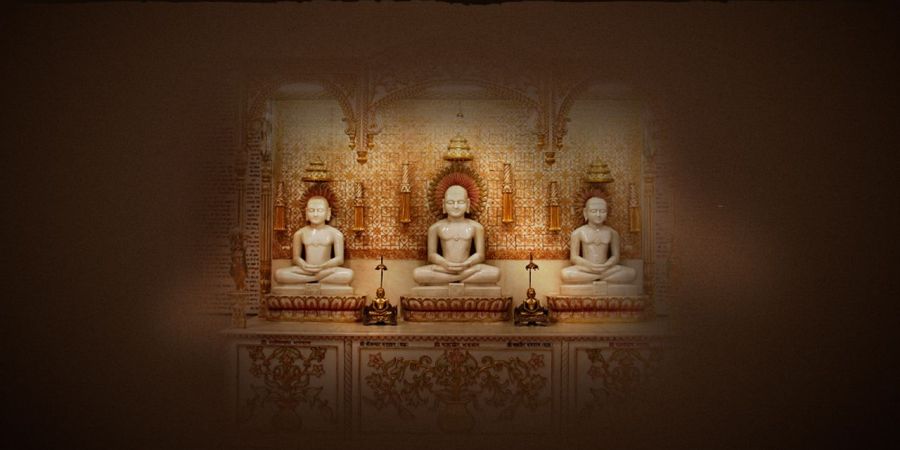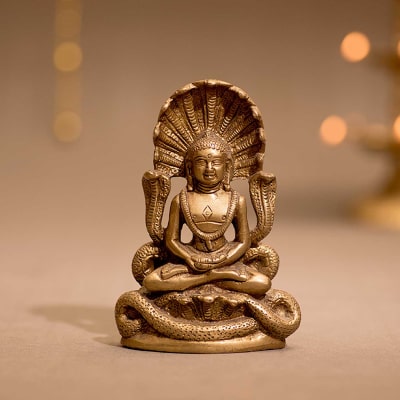

Hi everyone! How are you? I am good here and expect the same from you. It's been a long time I wrote an article. So today I came with an interesting topic. It's all about our ancient Indian religion “JAINISM”. Here, I am going to share a few interesting points of this religion. I believe you all know the briefly about this religion, but today let's know deep.
The complexity and rigidity which has come to characterize Hinduism in the later Vedic Age made many people unhappy. Some ascetics went on to found different religions which cut back on rituals and stressed right living. Jainism was one of such religion.
Jainism was evolved between the 7th and 5th centuries BC. It is one of the oldest religions along with Hinduism and Buddhism. The first saint for whom there is historical evidence, a renunciant who is believed to live in 7th century is “Parshvanatha” or “Parshva” (snake emblem), a renunciant who is believed to live in 7th century BC. Jain tradition regards him as 23rd ‘tirthankara’ (means, ford maker). There are a total of 24 tirthankara. The first tirthankara- Rishabhanatha (bull emblem).

The 24th and last tirthankara was Vardhamana Mahavira ('great hero'). He was born in 6th century BC in the city of Vaishali. At the end of this period, he attained spiritual knowledge. He gave his followers three guiding principles, (the Jewels of Jainism)- right belief, right knowledge and right conduct. He preached in the local language of the region, Ardhamagadhi. According to Mahavira, if a man leads virtuous life, his soul would be released from continuous cycle of birth, death and rebirth.

There are no priests in Jainism. The religion is served by monks and nuns, who lead strict ascetic lives.
They believe in reincarnation and seek to attain liberation from continuous cycles of birth, death and rebirths. According to the Jain belief system, the soul is a living being. It is independent and immortal. Liberated souls are called Siddhas.
The supreme principle of Jain living is non-violence( Ahimsa ). Jains are strict vegetarians.
Jain takes five main vows:
As a rough estimate, it is thought that currently there were around 7 million followers of Jainism worldwide, with the largest community still based in India.
So this is it for today guys. I believe you all found this useful and informative. Stay tuned for my next blog. Do like and follow. Thank you!!!








